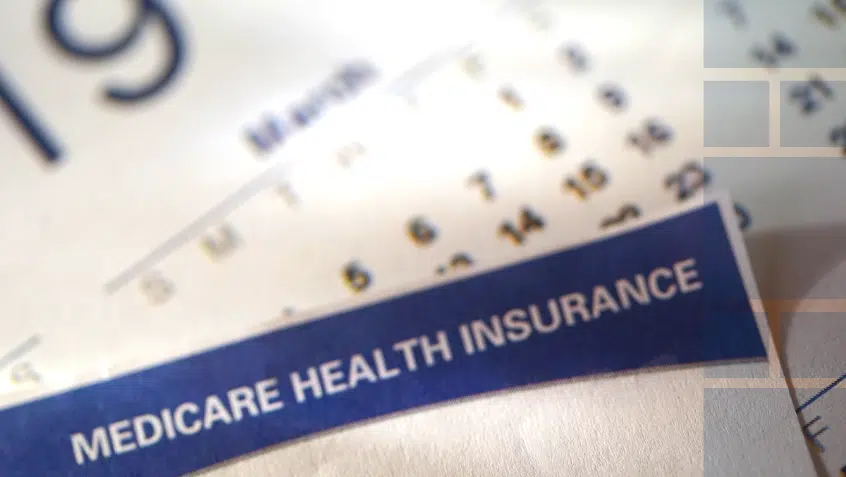Join Us Live for a Discussion on Medicare, Democracy, and the Future of Health Care
Some People Losing “Deemed” Status for the Low-Income Subsidy Remain Eligible for Assistance

What Is the Low-Income Subsidy (LIS)?
The Low-Income Subsidy (LIS), also called Extra Help, is a federally administered assistance program that reduces drug costs for people with limited incomes and modest savings. There are two ways that people can gain access to LIS – by applying directly through the Social Security Administration or by being automatically “deemed” eligible because they are enrolled in certain other programs.
How Does LIS Help with Prescription Drug Costs?
The LIS substantially reduces prescription drug costs by covering all or part of the Part D plan premium, eliminating deductibles, and reducing copayments for covered drugs. These savings can dramatically impact people’s access to needed medications and their pocketbooks: The estimated value of the program to an enrollee is $5,900 per year.
Who Qualifies for LIS Automatically?
People who have Medicaid, a Medicare Savings Program (MSP), or who receive Supplemental Security Income (SSI) are deemed eligible for LIS and do not need to apply. Even if a person stops getting or being eligible for those other programs, their LIS enrollment continues for either the remainder of the calendar year in which they lost access to the other program (if they lost eligibility in the first 6 months of the year) or for the remainder of that year and then next year (if they had one of those programs for any one of the last 6 months of the year).
What Happens When Deemed Eligibility Ends?
This continued access is important, but it can cause confusion when it comes to an end much later than the program that triggered the “deemed” status. This is especially true for people whose income and savings are low enough that they are still eligible for Extra Help if they were to apply directly.
This continued access is important, but it can cause confusion when it comes to an end much later than the program that triggered the “deemed” status.
Because the timeline can be quite long and the interaction between the programs may be confusing, some people may not realize that their enrollment in LIS was triggered by Medicaid, MSP, or SSI benefits that they no longer have. Every year, Medicare sends a special notice to individuals whose deemed eligibility for LIS is set to terminate on January 1 of the next year. That notice directs people to “apply now to see if you can still get Extra Help” by contacting Social Security or filling out an enclosed application.
Why Are Notifications about LIS Termination Important?
Notably, many people who were able to stay on Medicaid benefits throughout the Covid-19 Public Health Emergency may be, only now, losing deemed status for LIS but may still be eligible for the program. Others are newly eligible for LIS benefits as a result of the Inflation Reduction Act. This combination means that it is particularly important for beneficiaries and advocates to be aware of LIS’s eligibility pathways, the meaning of a loss of deemed status, and that benefits may be retained by applying for the program directly.
Resources for Understanding and Retaining LIS Benefits
See a copy of the notice sent to people losing deemed status here.
Learn more about LIS here.
Show Comments
We welcome thoughtful, respectful discussion on our website. To maintain a safe and constructive environment, comments that include profanity or violent, threatening language will be hidden. We may ban commentors who repeatedly cross these guidelines.
Help Us Protect & Strengthen Medicare
Donate today and make a lasting impact
More than 67 million people rely on Medicare—but many still face barriers to the care they need. With your support, we provide free, unbiased help to people navigating Medicare and work across the country with federal and state advocates to protect Medicare’s future and address the needs of those it serves.
The Latest
Most Read
Add Medicare to Your Inbox
Sign up to receive Medicare news, policy developments, and other useful updates from the Medicare Rights.
View this profile on InstagramMedicare Rights Center (@medicarerights) • Instagram photos and videos









